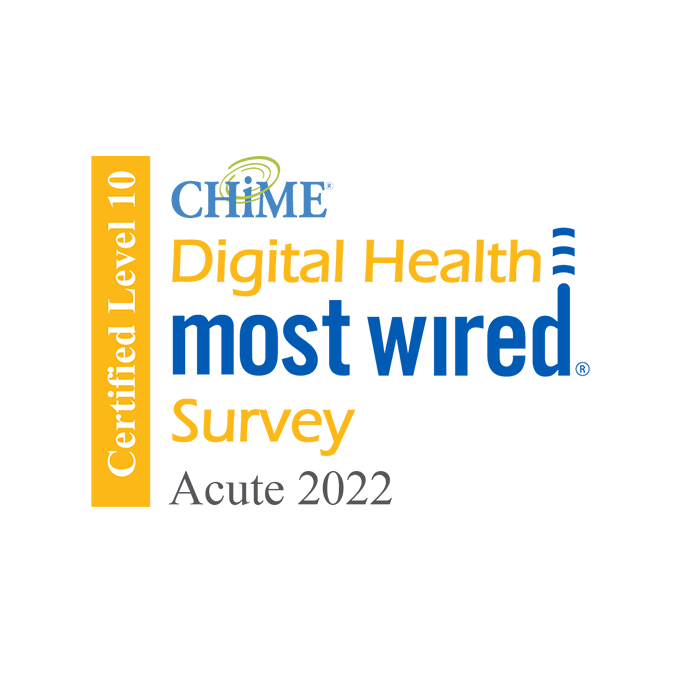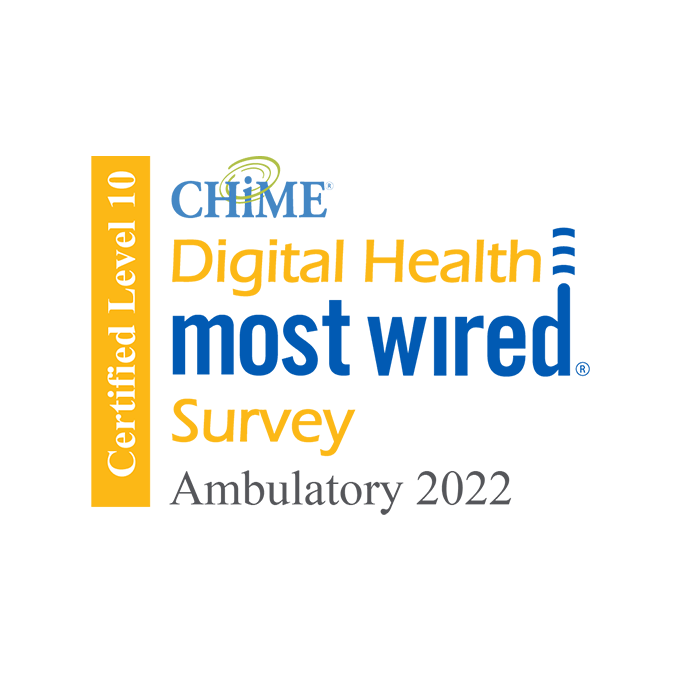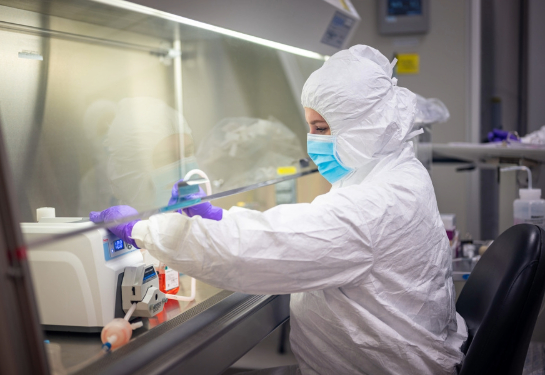Diabetic Nephropathy
Whether you need nutritional support, medications or a kidney transplant, we’re ready to help you. Our program provides the most advanced therapies available for diabetic kidney disease.
Medically reviewed by Maryam Afkarian, M.D. on Sep. 05, 2023.

Cutting-Edge Care for Diabetic Nephropathy
At UC Davis Health, our highly trained nephrologists specialize in kidney care for people with diabetes. U.S. News & World Report has designated our kidney failure care as “high performing,” the highest possible ranking. We work closely with other specialists, such as endocrinologists (hormone issues specialists), to ensure you receive complete and seamless care.
What Is Diabetic Nephropathy?
Diabetic nephropathy is chronic kidney disease from diabetes. People also call it diabetic kidney disease or DKD. This complication affects about 30-40% of all people with type 1 or type 2 diabetes. Without treatment, DKD can lead to permanent kidney damage and kidney failure.
Your kidneys are two organs on either side of your lower back. They filter excess water and toxins (waste) from your blood, which comes out in your urine. Your kidneys also make hormones that control your blood pressure and manage other important functions.
Symptoms of Diabetic Nephropathy
Most people don’t have any symptoms in the early stages of diabetic kidney disease. When you do notice symptoms, you could already have kidney damage. That’s why medical care is so important, even when you don’t have symptoms.
Common Symptoms
Only a medical provider can tell you if you have diabetic nephropathy. But these symptoms could be possible signs:
- Blood in your urine
- Fatigue and trouble concentrating
- Foamy urine
- Lack of appetite
- Muscle cramps
- Puffiness around your eyes
- Swelling in your ankles or feet
- Trouble sleeping
- Urinating more than usual, especially at night
Emergency Symptoms
Severe cases of diabetic nephropathy can cause acute kidney injury, a sudden loss of kidney function. Seek emergency medical care if you experience any of these symptoms:
- Chest pain or pressure
- Confusion
- Seizures
- Severe nausea or vomiting
- Shortness of breath
- Urinating very little or not at all
Causes and Risk Factors of Diabetic Nephropathy
Your kidneys contain glomeruli, tiny clusters of blood vessels that clean your blood. High blood sugar from diabetes can damage these blood vessels, interfering with their ability to work.
Anyone with diabetes can develop diabetic nephropathy. You have a greater risk if you also have one or more of these risk factors:
Family History of Heart Problems
If your parent or sibling had hypertension or heart disease, you may be more likely to develop diabetic nephropathy.
High Cholesterol
Having high total cholesterol or “bad” LDL cholesterol may raise your risk of diabetic kidney damage.
Hypertension
Untreated hypertension (high blood pressure) can damage your kidneys and raise your risk of diabetic nephropathy.
Race/Ethnicity
African Americans, Asians, Mexican Americans and Native Americans experience diabetic nephropathy more than other ethnic groups.
Smoking
Smoking decreases blood flow to your kidneys, which can damage them. People who smoke are also more likely to have high blood pressure.
Uncontrolled Glucose Levels
If your glucose levels are often too high, you’re more likely to develop diabetic nephropathy than someone who has good glucose control.
Diagnosing Diabetic Kidney Disease
Our goal is to help you live well with diabetes, so we regularly check your blood and urine for signs of kidney problems. You may have diabetic nephropathy if your urine tests show the presence of the protein albumin. Then, we explain your test results and answer your questions.
Diabetic Nephropathy Treatments at UC Davis Health
At UC Davis Health, we take the time to learn about your needs before creating your treatment plan. We evaluate your test results and gather a clear picture of your kidney health, so you receive personalized care.
You also benefit from our research expertise. Our nephrologists are scientists and leaders in their field, offering groundbreaking new therapies before they are widely available.
Blood Glucose and Blood Pressure Control
Our nephrologists outline goals for your glucose and blood pressure levels and empower you to improve your health. We coordinate your care with registered dietitians, diabetes educators, endocrinologists and other specialists to set you up for success.
Medication Management
Kidney damage can change how much insulin or medication you need. We use our years of experience to prescribe the right type and dosage of medication. You receive ongoing follow-up care and tests to be sure your medications are still working for you.
Dialysis
If you’re experiencing kidney failure, dialysis can take over for your kidney function. Our collaborative team provides dialysis access and cares for your physical and mental health throughout your treatment.
Kidney Transplant
If you need a kidney transplant, you’re in expert hands at UC Davis Health. Our Transplant Center ranks among the top in the nation for kidney transplants, with decades of experience and thousands of successful surgeries.
Resources and Support
Your mental health is just as important as your physical health. Our health education classes and support groups offer powerful ways to connect with others, cope with challenges and celebrate successes.
Preventing Diabetic Nephropathy
Diabetic nephropathy is preventable. You can help prevent kidney damage if you:
Follow Your Diet Plan
Our registered dietitians personalize a diet plan for you that helps with glucose control and, if needed, weight loss.
Get Active
Aim to exercise for 30 minutes a day, five times a week.
Keep Glucose Under Control
We work with you to establish target glucose ranges and provide education and support to help you meet them.
Manage Your Blood Pressure
You can prevent high blood pressure by eating a healthy diet, maintaining a healthy weight, exercising regularly, and quitting smoking.
See Your Healthcare Team
Regular visits with your diabetes team can catch potential problems early — before kidney damage has occurred.
"Diabetic Nephropathy," NIH National Library of Medicine, https://www.ncbi.nlm.nih.gov/books/NBK534200/
Diabetic nephropathy is the
#1Cause of end-stage kidney disease
Every day
170People start treatment for kidney failure due to diabetic nephropathy
Nearly
50%Of all people with kidney disease have diabetes
Sources: American Diabetes Association: Diabetic Nephropathy: Diagnosis, Prevention, and Treatment
Journal of Nephropharmacology: Diabetic Kidney Disease: World Wide Difference of Prevalence and Risk Factors
Request an Appointment
As Sacramento's No. 1 hospital, you'll benefit from unique advantages in primary care and specialty care. This includes prevention, diagnosis and treatment options from experts in 150 specialties.
Referring Physicians
To refer a patient, you can submit an electronic referral form or call.
800-4-UCDAVIS
Patients
For questions and appointment information
Consumer Resource Center
800-2-UCDAVIS

Ranked among the nation’s best hospitals
A U.S. News & World Report best hospital in cancer, cardiology, heart & vascular surgery, diabetes & endocrinology, ENT, geriatrics, neurology & neurosurgery, obstetrics & gynecology, and pulmonology & lung surgery.

Ranked among the nation’s best children’s hospitals
A U.S. News & World Report best children’s hospital in diabetes & endocrinology, nephrology, and orthopedics*. (*Together with Shriners Children’s)

Ranked Sacramento’s #1 hospital
Ranked Sacramento’s #1 hospital by U.S. News, and high-performing in COPD, colon cancer surgery, diabetes, heart attack, heart failure, hip fracture, hip replacement, kidney failure, leukemia, lymphoma & myeloma, lung cancer surgery, ovarian cancer surgery, pneumonia, prostate cancer surgery, stroke, TAVR, uterine cancer surgery, gastroenterology & GI surgery, and orthopedics.

The nation’s highest nursing honor
UC Davis Medical Center has received Magnet® recognition, the nation’s highest honor for nursing excellence.

“Most Wired” for acute care
UC Davis Health has been recognized as a level 10 out of 10 in the Digital Health “Most Wired” program from the College of Healthcare Information Management Executives (CHIME). The honor recognizes excellence in using technology to improve the delivery of care.

“Most Wired” for ambulatory care
UC Davis Health has been recognized as a level 10 out of 10 in the Digital Health “Most Wired” program from the College of Healthcare Information Management Executives (CHIME). The honor recognizes excellence in using technology to improve the delivery of care.

World-class cancer care
One of ~56 U.S. cancer centers designated “comprehensive” by the National Cancer Institute.

A leader in health care equality
For the 13th consecutive year, UC Davis Medical Center has been recognized as an LGBTQ+ Healthcare Equality Leader by the educational arm of America’s largest civil rights organization.

